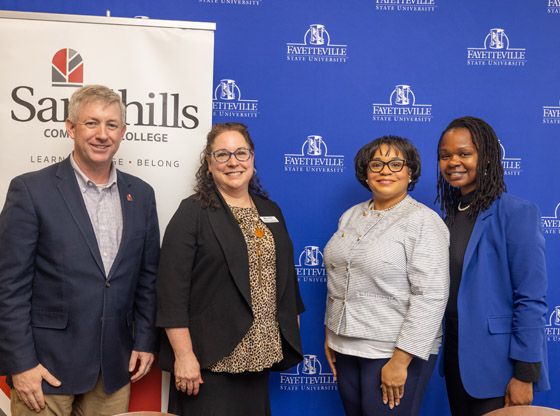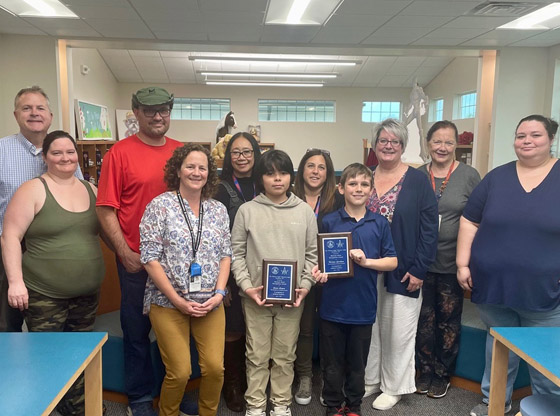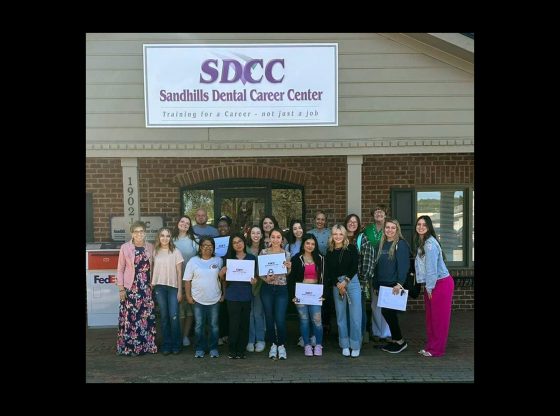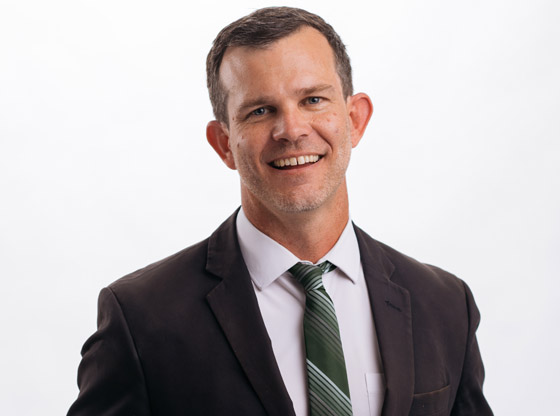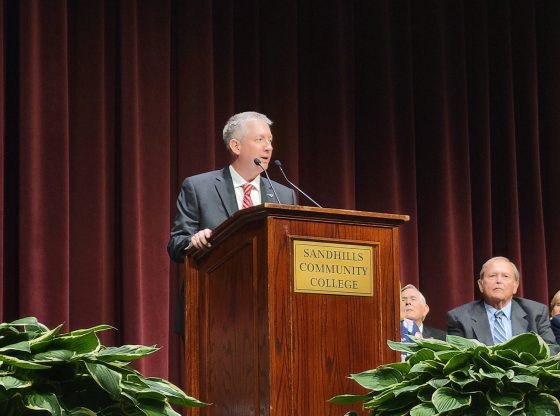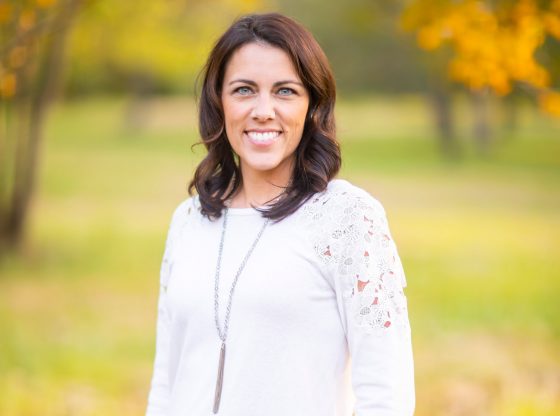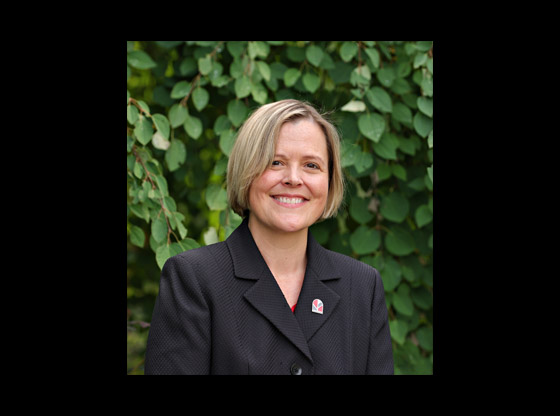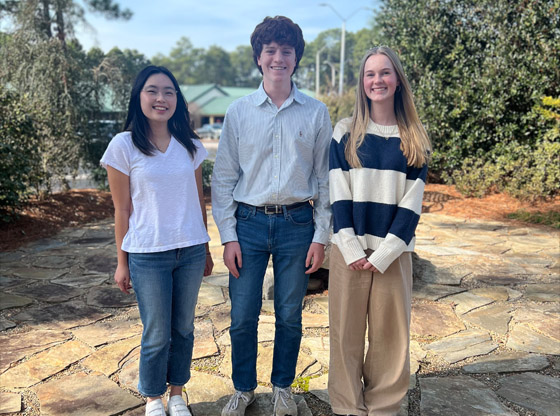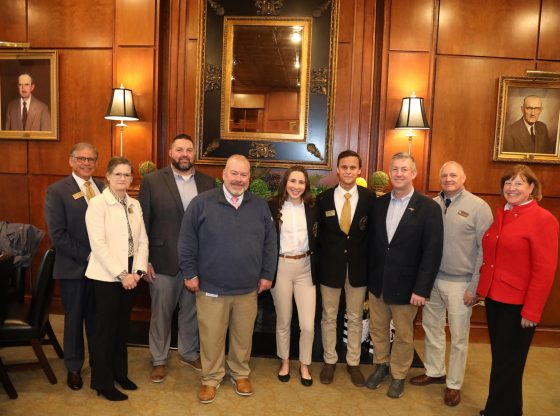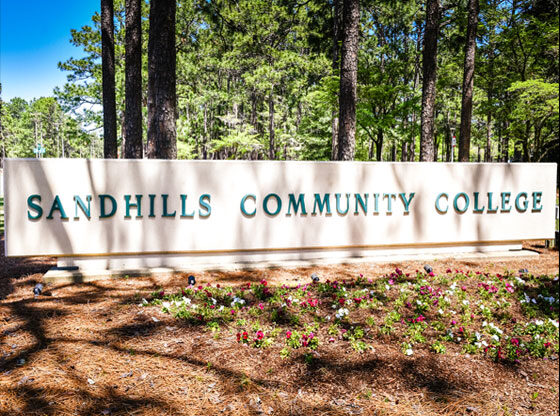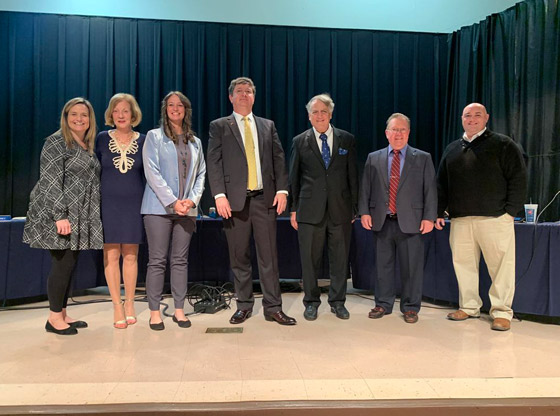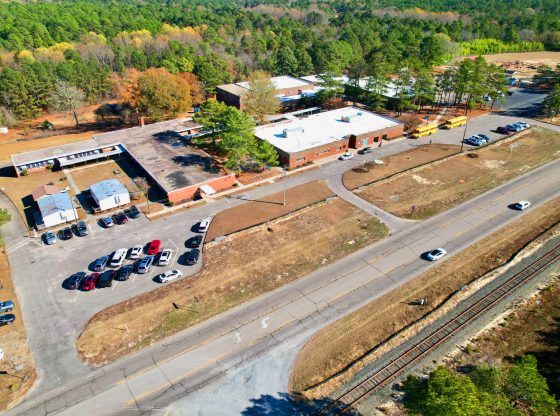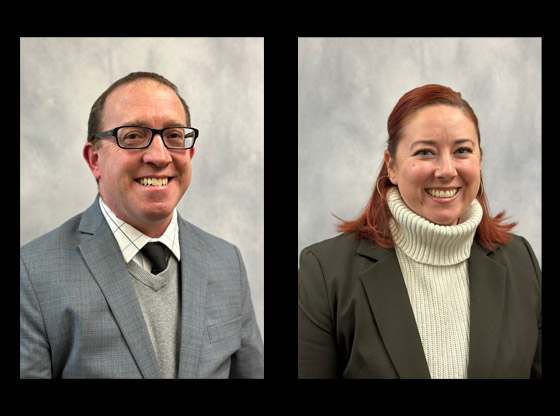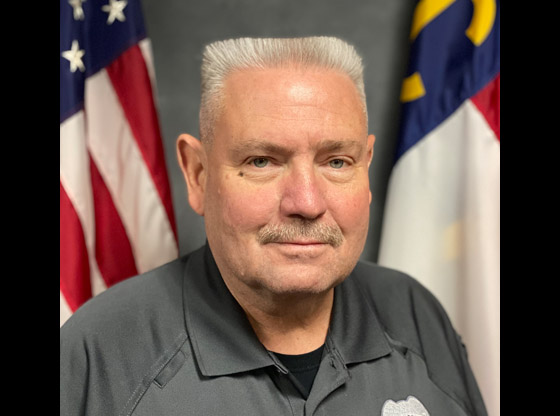RALEIGH, N.C. (AP) — Hiring more psychologists and guidance counselors would help school officials identify students with mental health challenges sooner and deter serious violence, professionals in those fields told legislators Monday.
Leaders of state associations representing these professionals spoke to House members who are seeking ideas about how to make schools and students safer after the Feb. 14 shooting that left 17 dead at a Florida high school.
A House school safety committee formed by Speaker Tim Moore is aiming to make some recommendations in time for the next legislative session starting in mid-May.
The associations and an education consultant for state government presented data showing that the ratios of school psychologists and school counselors per student in North Carolina’s public schools are below recommended levels.
This school year, for example, there is one school psychologist serving roughly every 2,100 public school students in North Carolina, compared to the ratio of one counselor per every 500 to 700 students that is recommended by the National Association of School Psychologists.
The state ratio of school counselors to students — one for every 386 students — is better than the national average of a little under 500 students but still above the recommended ratio of one per 250 students, a presenter said. While high school counselors often are focused on helping students prepare for colleges or careers, they often serve on the front lines to address mental health issues in schools, said Tim Hardin, a counselor at Gaston County elementary school and president-elect of the North Carolina School Counselor Association.
“The teachers may know that something’s off about little Johnny and they may bring him to us and let us talk to him and try to get to the bottom of what is going on,” Hardin told the House school safety subcommittee. “We’re able to see some issues before they truly become severe issues.”
A dozen school districts had no school psychologist employed during the 2016-17 school year, and this year at least 17 lack a full-time psychologist, according to Department of Public Instruction numbers. There is also at least the equivalent of 75 psychologist vacancies statewide, department figures show.
The lack of staffing means most school psychologists are assigned to several schools or to an entire district, said Heather Lynch Boling of the Wake County schools and president of the North Carolina School Psychology Association.
Most of them must allot much of their time to collecting standardized test results to determine whether students qualify for special education programs, Boling said, with little or no time for student intervention services or other detailed evaluations.
That may create a disincentive for school psychologists — who must undergo at least two years of graduate school and often work in an internship before getting licensed by the state — to continue in the profession in North Carolina. State compensation for school psychologists ranges from $43,390 to $61,920, according to the department.
Boling said the students who are most at risk to commit mass violence aren’t “tearing up classrooms.” Instead, they may be students who are quieter, and could be identified by school support staff trained to look for problem signs.
“We need the right data to find the right kids to do the right work,” Boling said.



